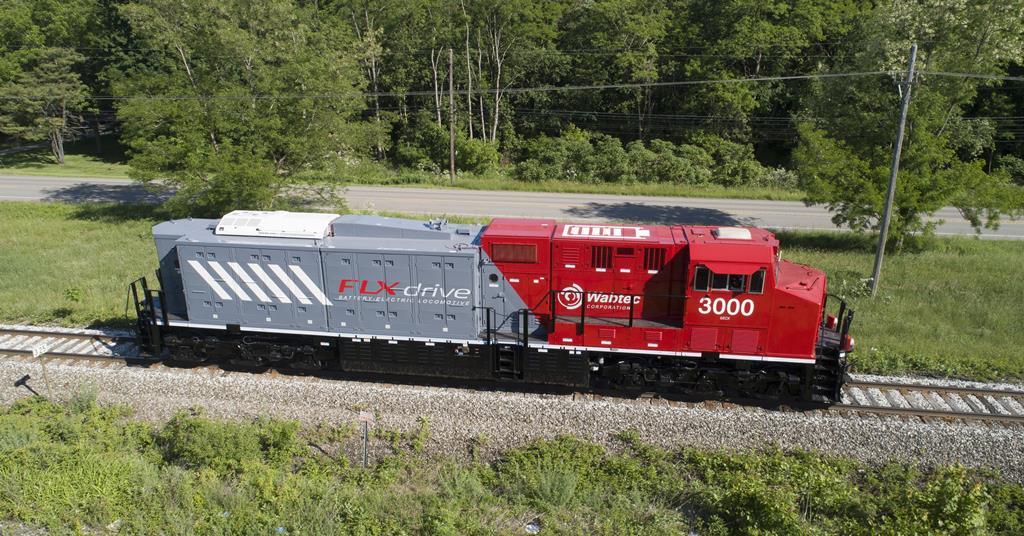Kraylin
Active Member
But with a kilowatt-hour of lithium battery falling to USD$62 in bulk by year 2030, the economics are going to quickly make sense
160kph Battery Train Technology In GTHA (Electrification Solution for Kitchener Line)
As a longtime armchair GO analyst around here (including my well-known GO article from 2015), I have discovered lots of evidence that Metrolinx is now seriously considering battery trains for Kitchener Line. Summary (For Those Unfamiliar With Battery Trains): Battery trains have arrived in...urbantoronto.ca
We should have improved our system 10 years ago. I am troubled by your target of another 10 years from now!






